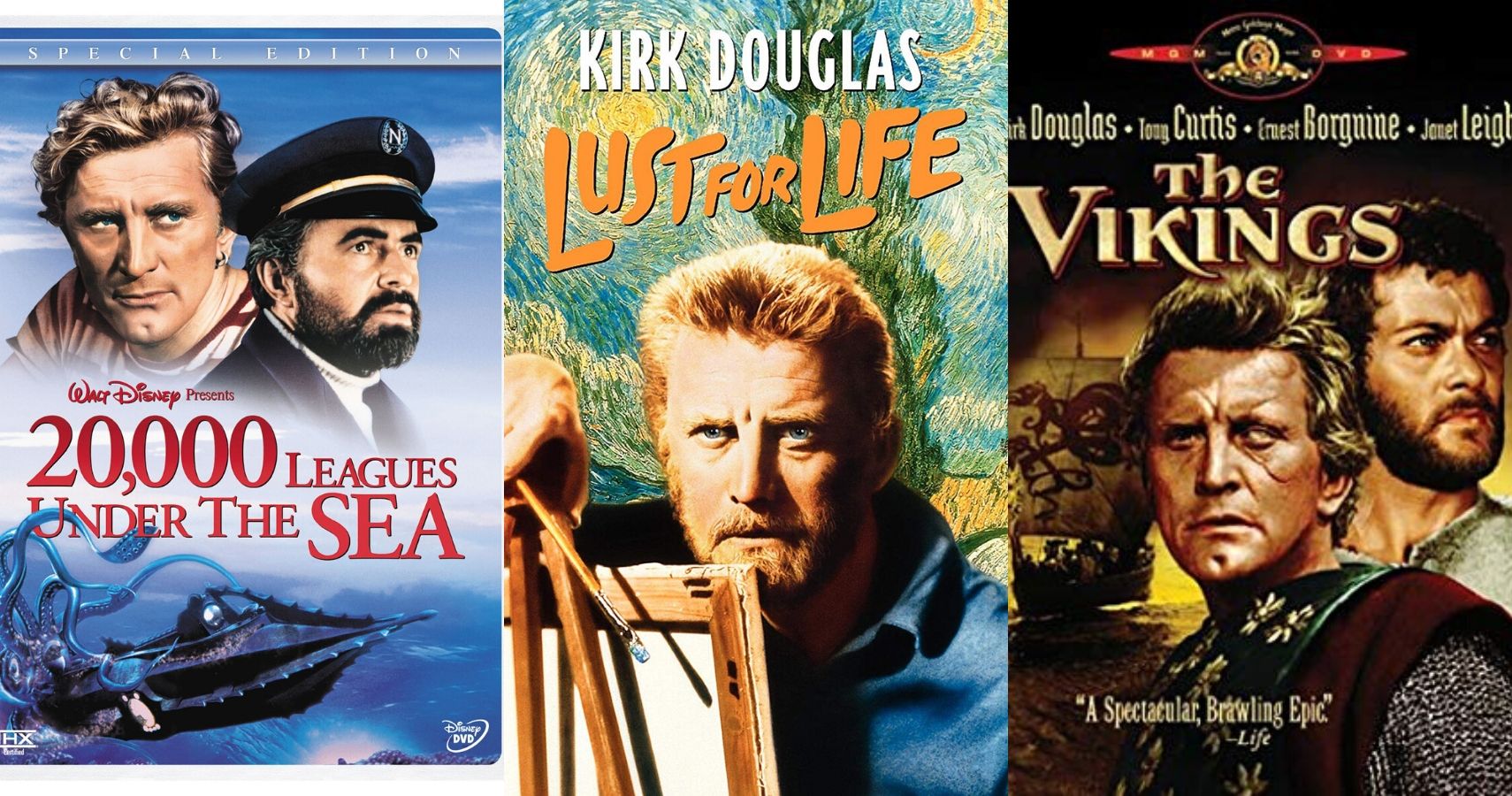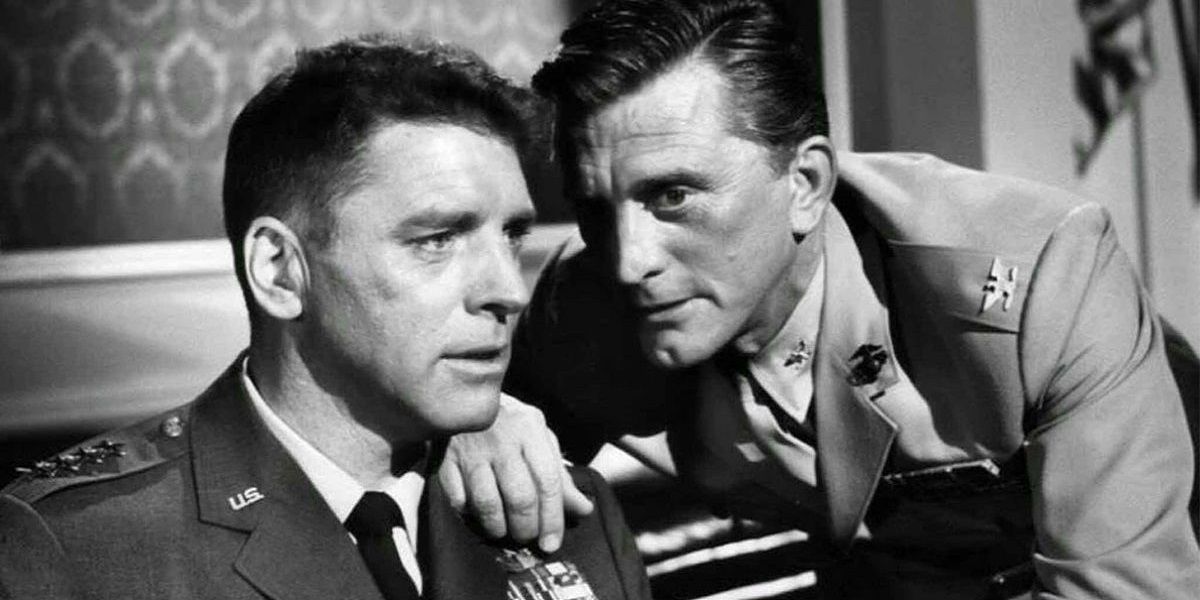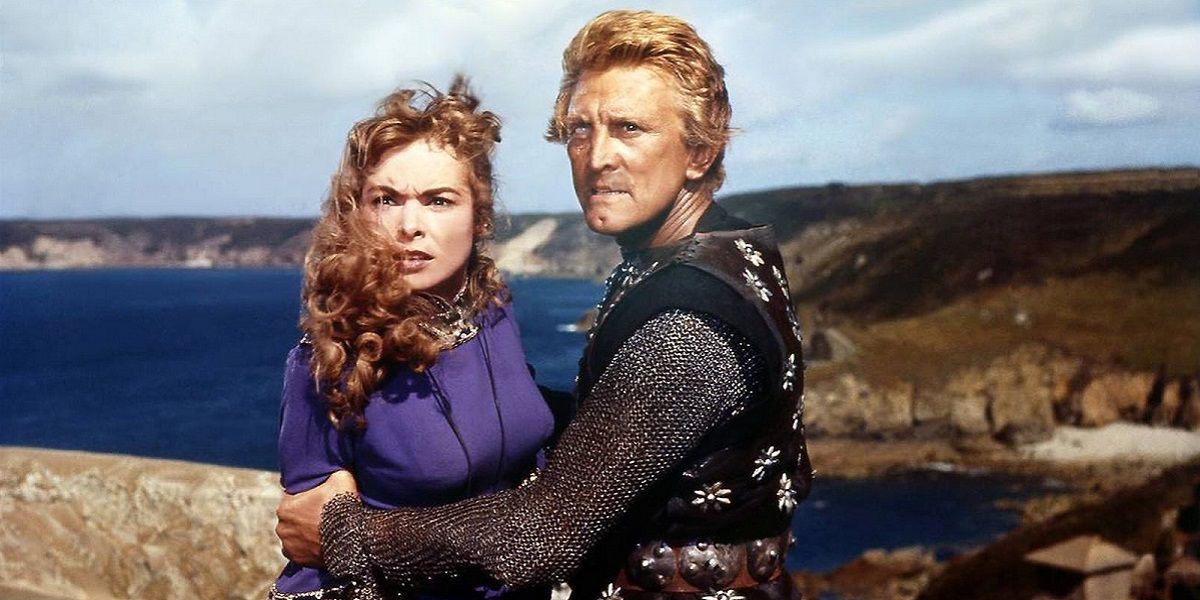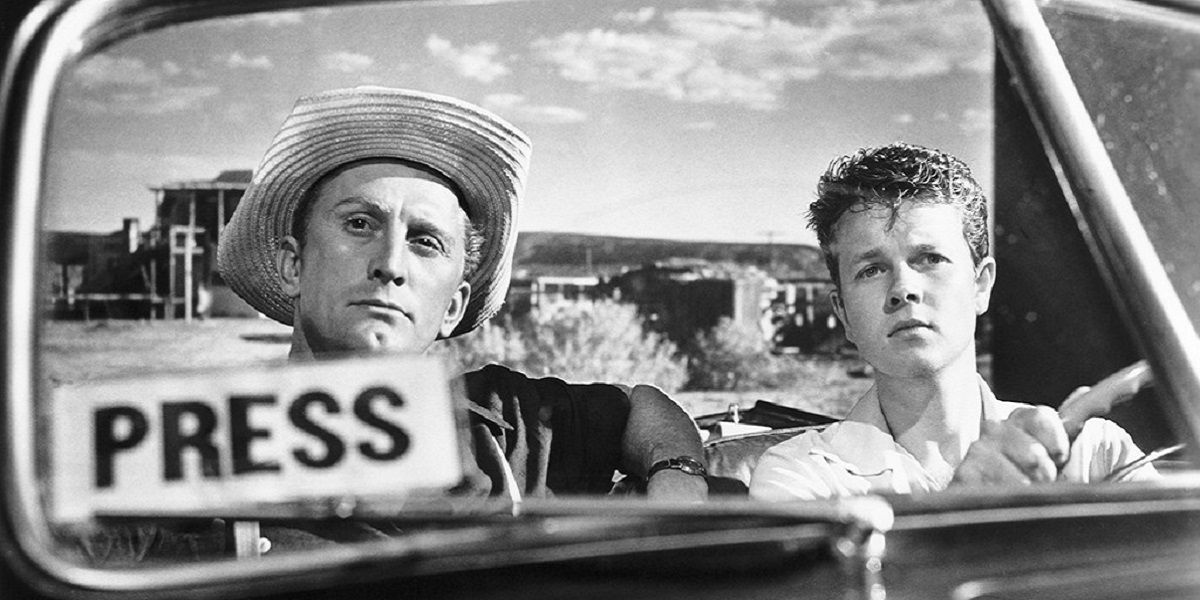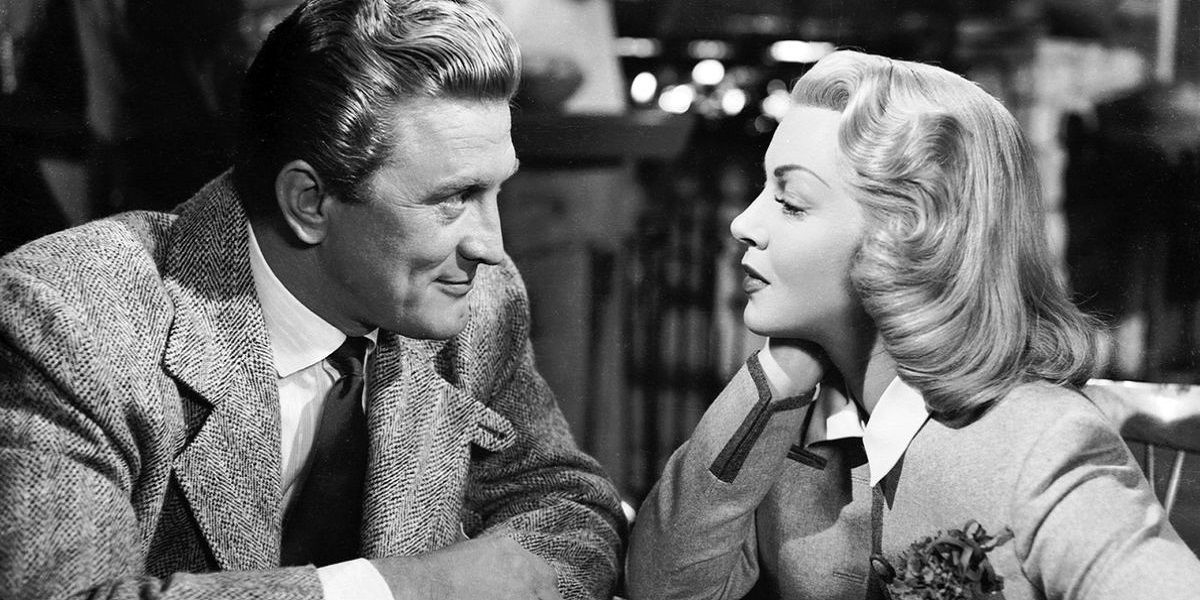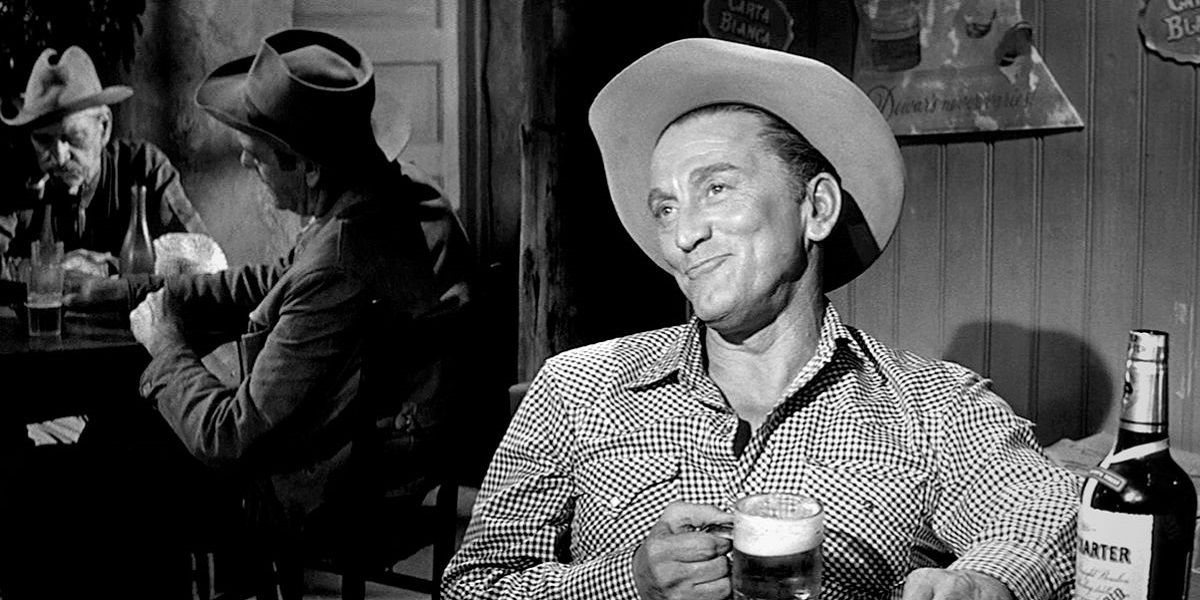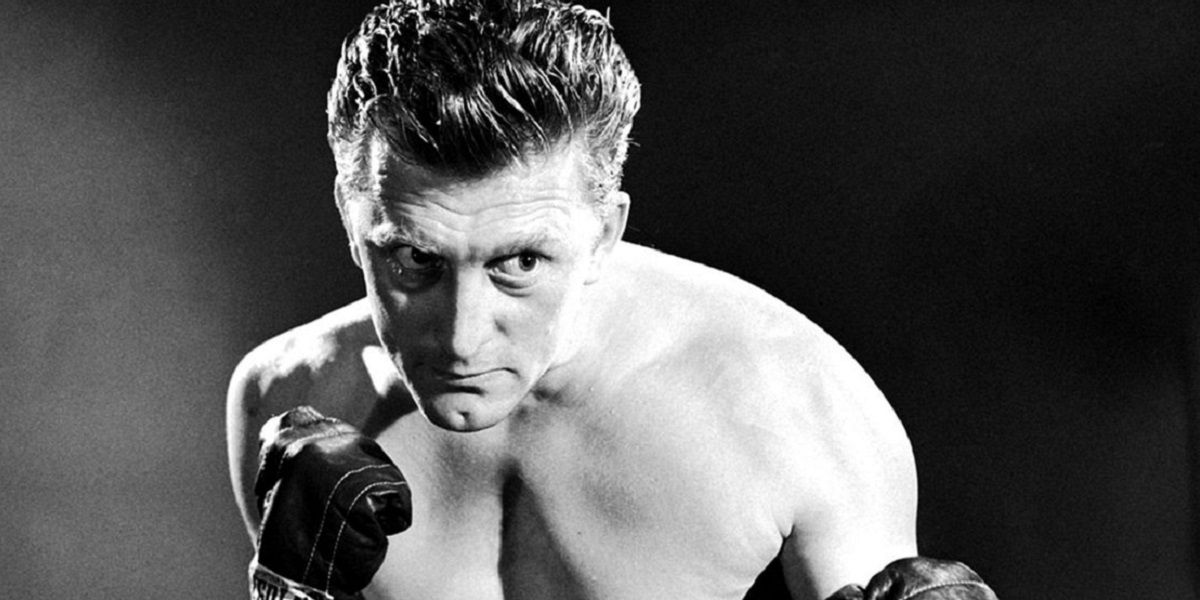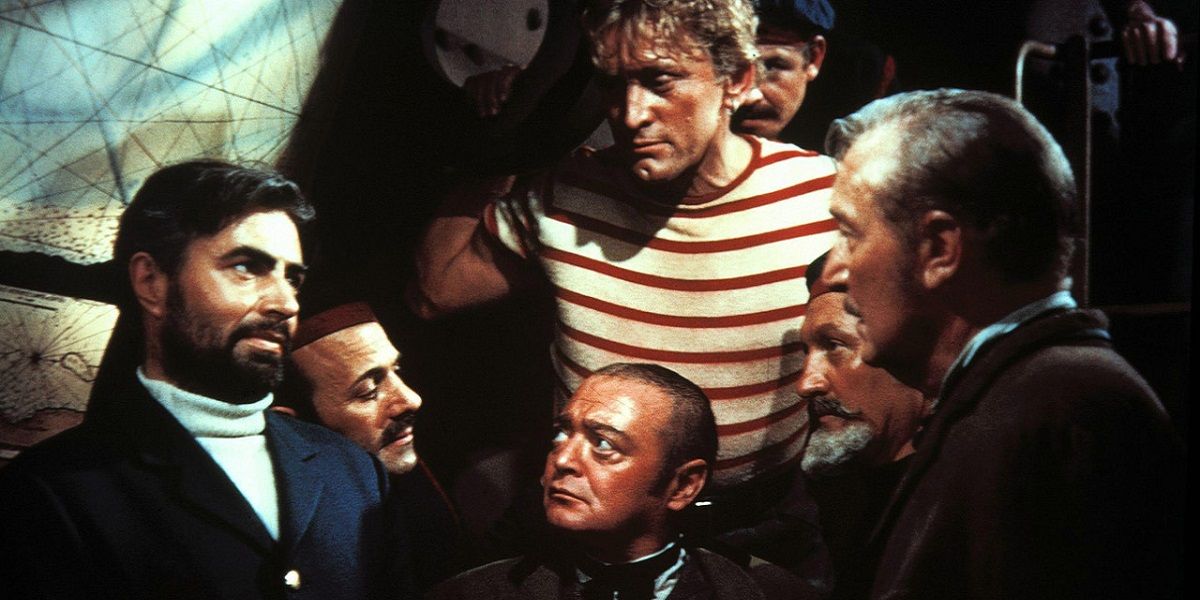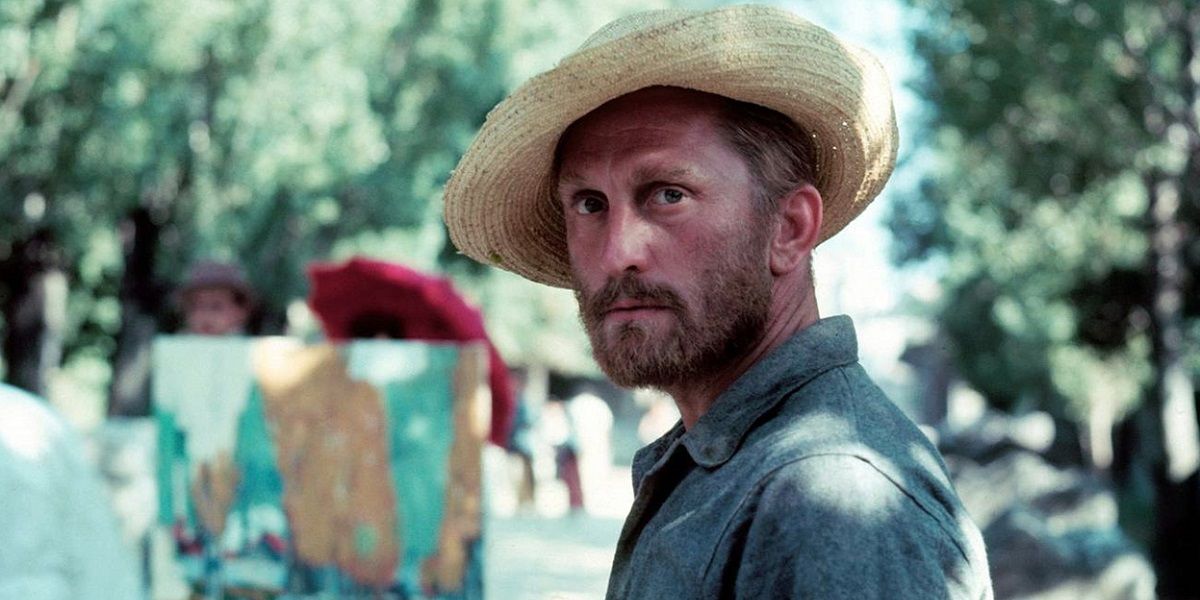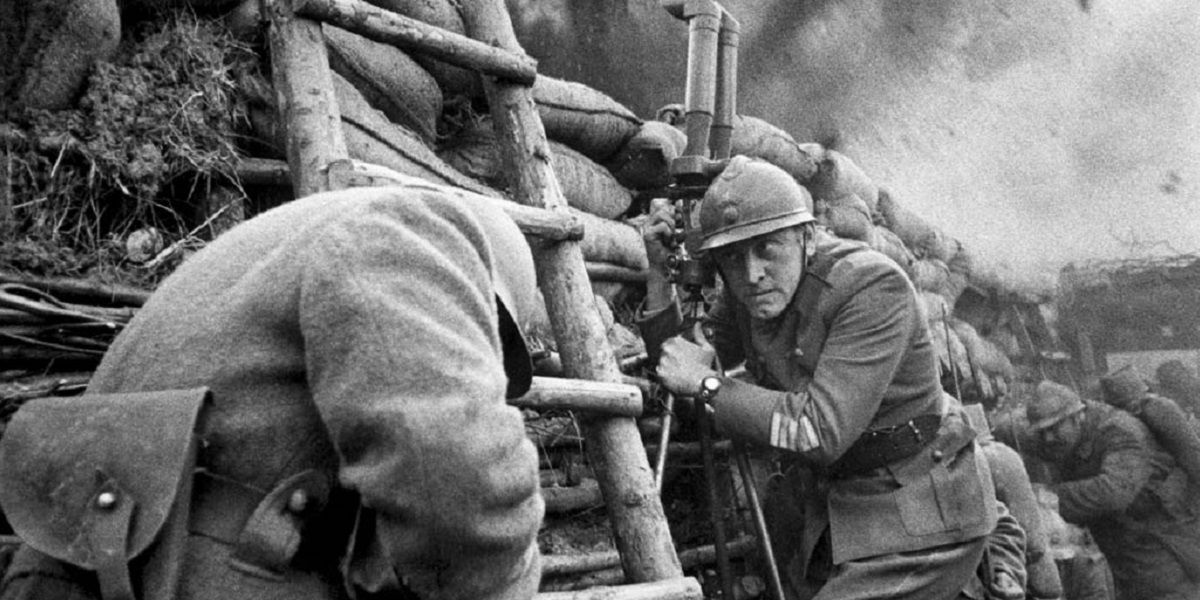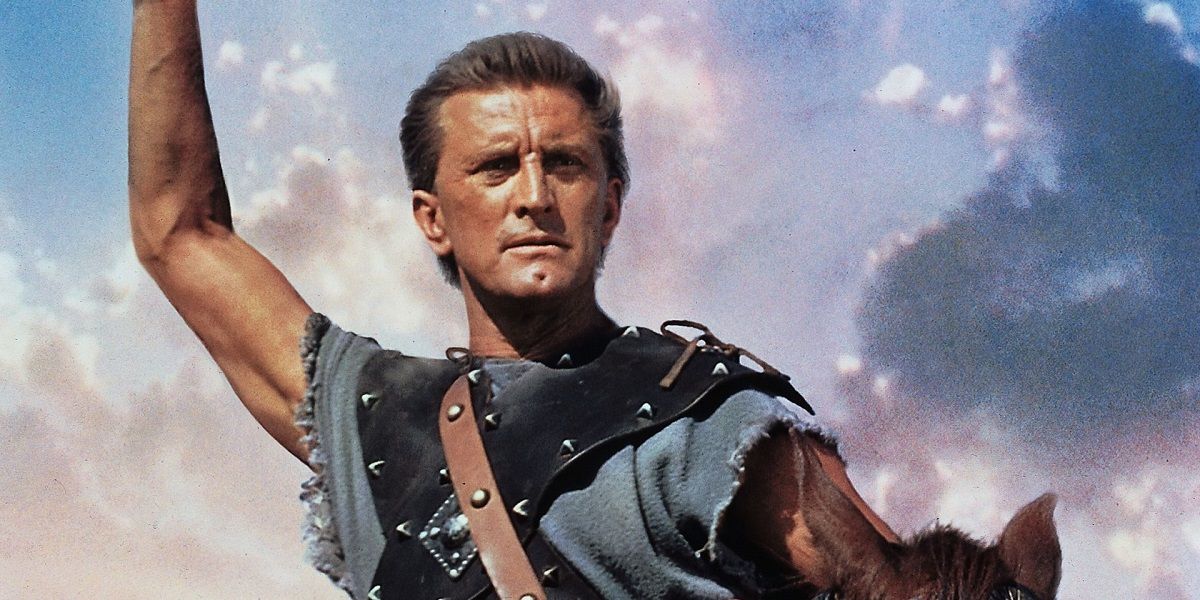In 103 years on this Earth, Kirk Douglas, in short, lived a hell of a life. Growing up as a child in a broken and impoverished household, Douglas (born Issur Danielovitch) worked many odd jobs and got himself into acting school by the time he was older. Douglas then joined the US Navy in WWII and served on a submarine. After that, he'd go on to become one of Hollywood's biggest Golden Age stars. He was in Stanley Kubrick films before Kubrick was a massive name, he actively fought against Hollywood blacklisting (the Trumbo story), and would be the father of another big Hollywood name, Michael Douglas.
And just for kicks, he survived a helicopter crash, won a Presidential Medal of Freedom, and was the world's oldest celebrity blogger. With his unfortunate passing earlier this month, here are 10 critical movies to watch that Kirk Douglas acted in to remember him by.
Seven Days In May (1964)
Based on the 1962 novel of the same name, Seven Days in May stars Kirk Douglas as a Marine colonel who discovers a plot to overthrow the US president in a week. Essentially, a top-ranking US general (Burt Lancaster) suspects the President is too soft on the USSR and will lead the country to catastrophe, leading a coup in response.
The film is a solid political thriller further elevated by the performances of its two leads. It was later treated to an HBO re-make titled The Enemy Within.
The Vikings (1958)
The Vikings is a film that chronicles the Ragnar Lodbrok saga, featuring Ragnar's two bickering sons. Tony Curtis plays Eric, Ragnar's long-lost bastard son, who comes to clash with his half-brother, Einar (Kirk Douglas). When Ragnar is executed by King Aella of Northumbria, England, the sons must come together and exact their revenge by leading the Viking forces in an assault on Aella's castle.
The movie is a typical Hollywood 50s classic, filled with swashbuckling and romance, but it's a fun time nonetheless, and the unique setting of the Viking era is a nice change of pace from all of the 50s epic films that took place in classical antiquity.
Ace In The Hole (1951)
Billy Wilder was up and coming by the time he made Ace in the Hole, and due to his rising reputation, he was able to get Kirk Douglas to star in the film. Interestingly, the film takes place in and was partially filmed in New Mexico, decades before the state would become a major production hub as it is now.
It's a film noir movie that has Douglas as an egocentric reporter named Chuck who has a tough break and ends up in New Mexico after having been a big name in New York. In New Mexico, Chuck desperately tries to earn his big status again and re-gain his New York job, and things get messy as a result.
The Bad And The Beautiful (1952)
Nominated for 6 Oscars in 1952, The Bad And The Beautiful features Kirk Douglas as a film producer desperate to make a new movie, but finding that everyone around him hates him because he manipulated people or hurt his connections on his climb to the top. The film rings similar tunes to The Player, Birdman, or any film made about eccentric characters who make art and alienate others in doing so.
For a drama made in 1952, it does manage to give a glimpse into the filmmaking woes in the Golden Age of Hollywood and still gives a great narrative despite the presence of the Hollywood Code.
Lonely Are The Brave (1962)
Before Pat Garrett and Billy the Kid, there was Lonely Are The Brave. And yet again, Kirk Douglas starred in a movie largely set and filmed in New Mexico. Based on a 1956 novel, the film adaptation has Kirk Douglas star as Jack Burns, a shift ex-Korean War vet drifter being chased down by a reluctant sheriff.
Comparisons to Rambo come to mind. The film's screenplay was written by Dalton Trumbo, whom Douglas went to bat for during the Hollywood Blacklist era. This was also Douglas' favorite film from his filmography.
Champion (1949)
Douglas plays Midge Kelly, a guy from a poor background who wants to be the top in boxing after discovering his skill. But unlike Rocky, Midge is a ruthless jerk and not a loveable tough guy with a big heart.
Midge backstabs and crushes toes left and right on his way to earn the champion title, and the film serves as a look into what healthy ambition achieves and what obsessive ambition destroys. To once again draw comparisons to a modern film, the movie rings familiarity with the obsessive madness to be the best as seen in Whiplash.
20,000 Leagues Under The Sea (1954)
As one of the first features shot in CinemaScope, Walt Disney made sure to personally produce 20,000 Leagues Under The Sea (based on Jules Verne's novel of the same name) and make it a spectacle. And it worked; the film did well and still boasts impressive (Oscar-winning) practical effects to this day.
Douglas stars as Ned Land, a tough guy sailor who comes across the Nautilus submarine, run by the eccentric Captain Nemo (James Mason). On their adventures, they come across a prison island, cannibals, and a giant squid.
Lust For Life (1956)
Lust for Life is a biopic about the life of Vincent van Gogh, once again based on a novel of the same name. Kirk Douglas stars as the famous painter and took full advantage of the uncanny resemblance he held to the artist, turning in a great (Oscar-nominated) performance.
Fellow megastar Anthony Quinn also stars in the film as a fellow underappreciated artist and friend, Paul Gauguin, a role that Quinn won an Oscar for. The film explores the mental turmoil that van Gogh suffered throughout his life and his determination to be a great and revered artist.
Paths Of Glory
It's eerie how many films seem to have taken influence from the filmography of Kirk Douglas, but the situation presented in Paths of Glory would be the outcome of 1917 if Corporal Schofield failed in his mission. Paths of Glory is an early outing film starring Kirk Douglas and directed by Stanley Kubrick that is once again based on a novel.
Douglas plays Colonel Dax, a French commanding officer in World War I who stands up for his troops after they refuse to take part in a continued wave of suicidal attacks. 100 men are court-martialed for cowardice, but Dax lowers it to three and decides to continue to defend them against the unjust court-martialing. The film is one of the best anti-war films made, one of the best WWI films ever made, and one of Kubrick's finest films as well.
Spartacus
This film is the epitome of Kirk Douglas movies. It carries a little piece of everything common in his filmography. It is based on a novel, directed by Stanley Kubrick, has a screenplay written by Dalton Trumbo, is a film full of Oscar nominations and wins, and features fellow big-name stars, notably, Tony Curtis co-starring with Douglas again.
Spartacus is one of the top-tier Hollywood epics and was a box-office and cultural hit upon its release. Spartacus portrays the Roman slave revolt led by its titular character and fits his entire life within a 3-hour window, decently low screentime for a Hollywood epic. The film's symbolic importance as a rebuttal against the HUAC hearings and as a supporting push for the civil rights movement is a sign of the cultural impact of film on cinema, and vice-versa. Every film has a thesis, and every film is influenced by the era it is made in, whether a movie is self-aware of that fact or not. Spartacus boldly fought injustice just as its namesake did, and wasn't just a good movie, but was a great movie in doing so.

